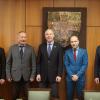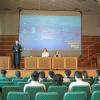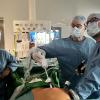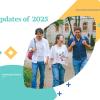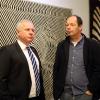Pécs Becomes the First in Hungary to Earn UNESCO-UIA International Accreditation in Architecture Education
2025
Nov
27
The Institute of Architecture at the Faculty of Engineering and Information Technology of the University of Pécs (PTE MIK) has received the UNESCO-UIA Architectural Education Accreditation, administered by the Royal Institute of British Architects (RIBA). Concluding a two-year evaluation process, the accreditation board granted full and unconditional certification. At present, only 11 universities or training centres worldwide hold this distinction. The UNESCO-UIA published its Charter for Architectural Education in 1996, outlining guidelines ensuring that young architects receive training that prepares them for the professional, social and cultural challenges of global architecture. In 2021, the Institute was the first in Hungary to apply for accreditation with its BSc and MSc Architecture programmes. Throughout the process, the committee reviewed the Institute’s organisational operations, infrastructure, and both teaching and student performance.
“Over the past 25 years, architectural education in Pécs has established itself within the national landscape and, I believe, become an indispensable actor. It was important for us to receive validation at the level of international architectural education as well—feedback that can serve as a foundation for our future development. We therefore sought a certification framework offered by a global professional body, one that aligns with the spirit of our architectural training in Pécs while also serving as a benchmark for international architectural organisations. The UNESCO-UIA Charter for Architectural Education contains globally accepted directives that reflect a shared understanding among architects worldwide of how the next generation of professionals should be trained. This document forms the basis of the accreditation system created by UNESCO-UIA and RIBA. Even at the initial stage, we had to submit a significant amount of preparatory material for the organisation to decide whether we were ready to undergo the assessment,” recalled Dr Donát Rétfalvi, Head of the Institute of Architecture at the Faculty of Engineering and Information Technology, reflecting on the beginning of the two-year process.
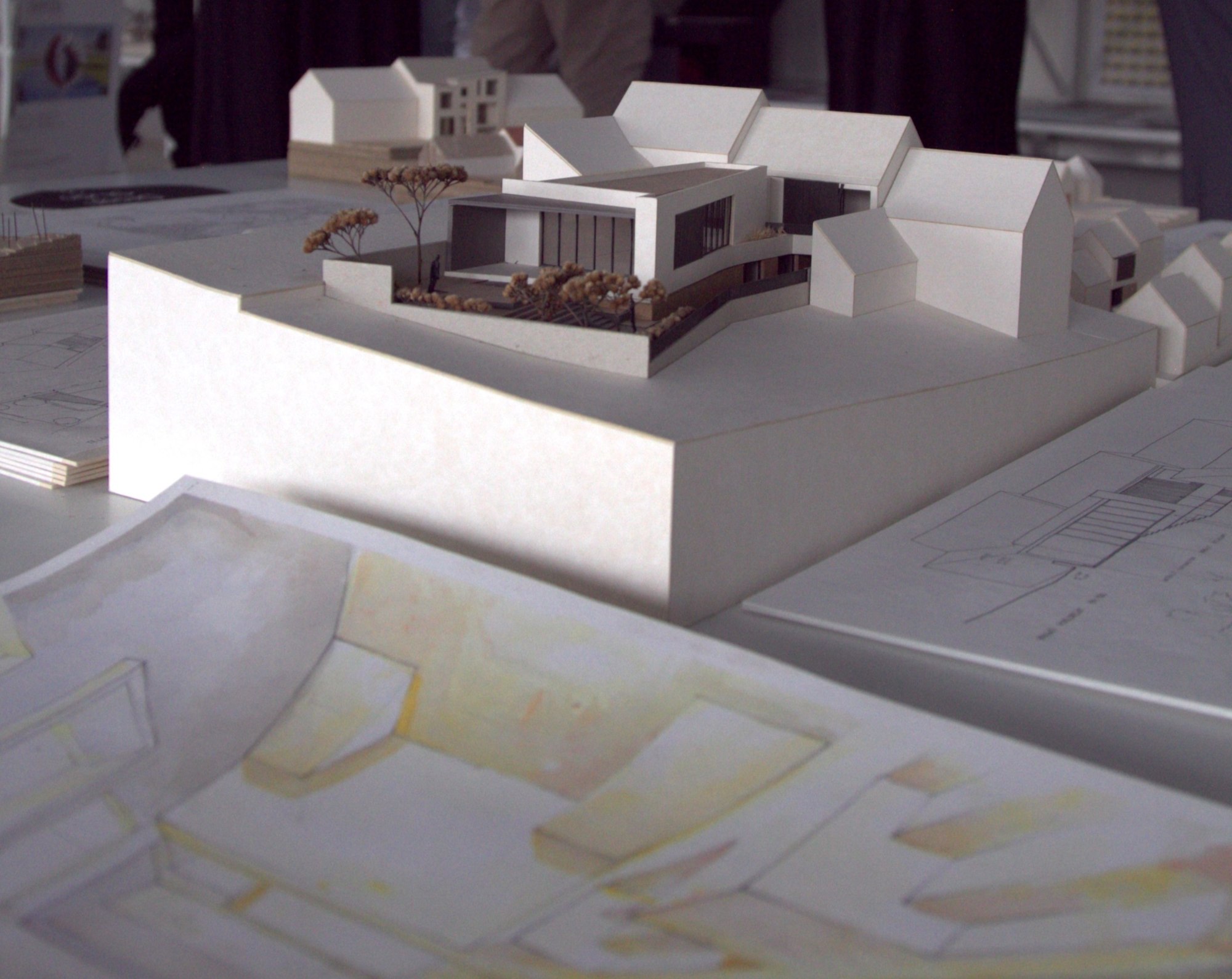
The application was accepted, and in 2022 an on-site visit was carried out to examine compliance with the broad set of evaluation criteria. These included, for example, whether the architecture programmes in Pécs foster the development of students’ abilities in concept creation, design, interpretation and implementation within the context of architectural practice—one that balances emotional, intellectual and experiential dimensions, integrates intuition, and translates societal and individual needs into physical form. The committee also assessed how the programmes articulate their aims regarding responsibility toward human, social, cultural, urban, architectural and environmental values, as well as architectural heritage.
Interviews formed the basis of the validation process. During their second visit in late November 2024, the committee met with academic staff, lecturers, students, industry partners and graduates of the Faculty.
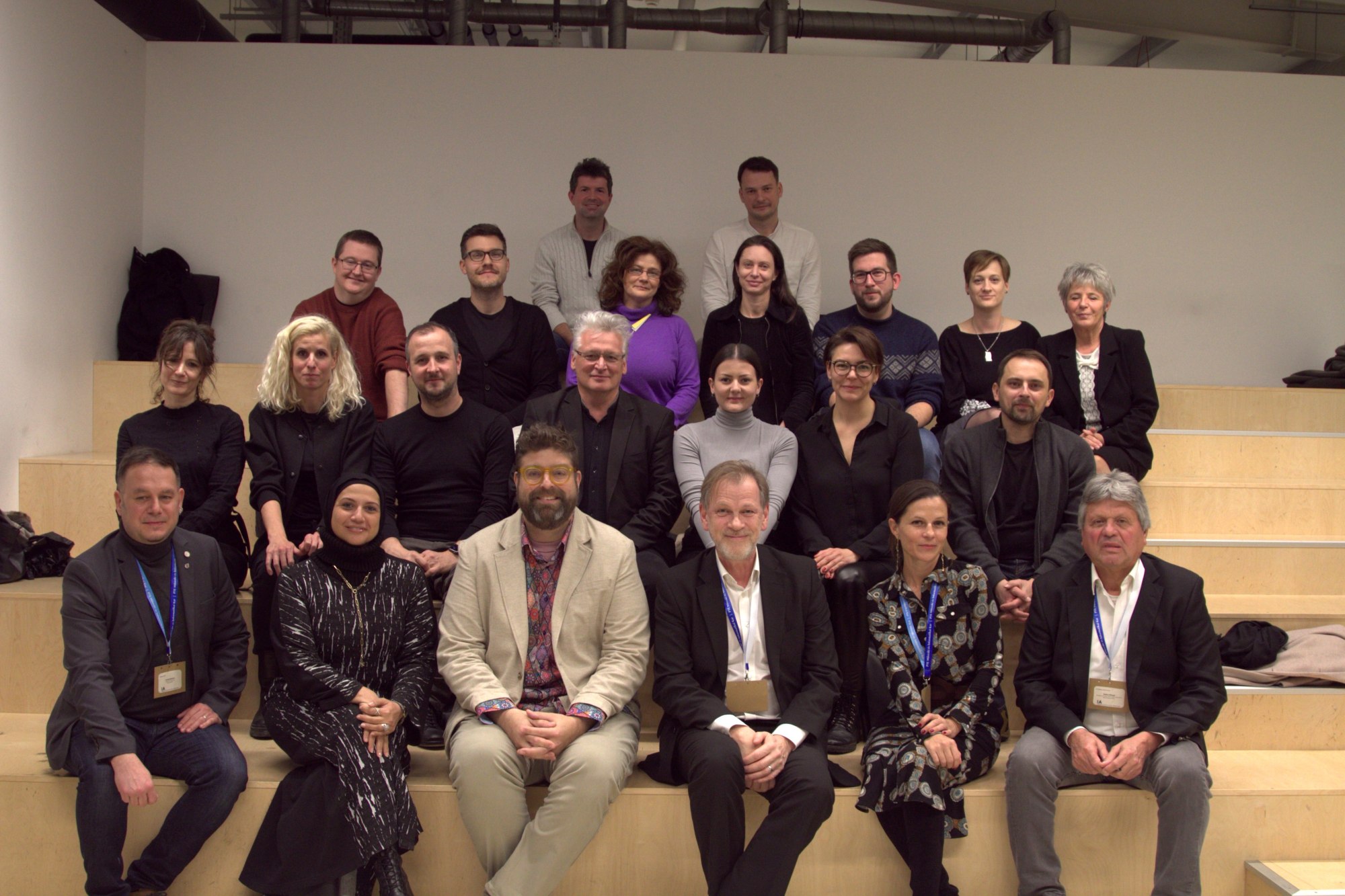
“These discussions offered an opportunity for the committee members to gain insight into the architectural identity acquired by our graduates. Conversations with stakeholders—such as the head of an architectural office, the lead designer of an internationally active firm, or the director of a construction company—allowed them to understand how our external partners view the preparedness and professional performance of our alumni. It was inspiring for us as well, as these partners—whom we unfortunately meet less frequently in our everyday work—shared their reflections with us, which we can build on in the future,” said Dr Gabriella Medvegy, Dean of the Faculty of Engineering and Information Technology.
In her view, the accreditation holds up a mirror to architectural education in Pécs, but its greatest value lies in the precise feedback it provides on the Institute’s current position—and in the opportunity it offers to reinterpret its original mission.
- Log in to post comments
University of Pécs | Chancellery | IT Directorate | Portal group - 2020.
